The Startup Books Founders Actually Read in 2025
Curated by startup operators, not algorithms. Books for growth, chaos, and clarity at every stage
Every founder has that one book.
The one they keep rereading between pivots. The one they gift to other founders. The one that somehow makes chaos feel manageable.
But you won’t always find it on the “Top 10 Startup Books” lists you see floating around. Most of those lists just repeat the same titles from the same echo chamber.
This one’s different.
I’ve talked to hundreds of startup founders — in accelerators, in boardrooms, in panic mode at 2 a.m. These are the books they actually bring up when it matters.
Brought to you by Vanta: 🚀 Automate Compliance—Live Demo!
Struggling with ISO 27001, GDPR, or SOC 2? Join Vanta’s live demo to see how startups automate compliance & focus on growth.
📅 August 12th | ⏰11 AM BST | 12 PM CEST
✅ Get compliant faster
✅ Reduce manual work
✅ Build trust with customers & investors
Some of these books are about strategy. Others are about survival. A few will just keep you sane when nothing’s working.
We’ve organized them by startup stage — so whether you’re validating your first idea or leading a team through Series B, there’s something here for you.
These are the books founders talk about in partner meetings, in private WhatsApps, and in the moments where things get real.
Let’s get into it.
Table of Contents
The 5 Must-Read Books for Every Founder
Best Books for First-Time Founders
Best Books for Scaling and Growth
Mental Health and Resilience Reads for Founders
Underrated Gems You Probably Haven’t Read
Bonus – Best Book Summary Apps for Busy Founders
What’s the One Book That Changed Your Thinking as a Founder?
1. The 5 Must-Read Books for Every Founder
Every founder’s journey is different, but some lessons are universal. These five books are the foundation, no matter your stage, industry, or funding path. Read them once for insight, then revisit them when the stakes are higher.
1. The Lean Startup – Eric Ries
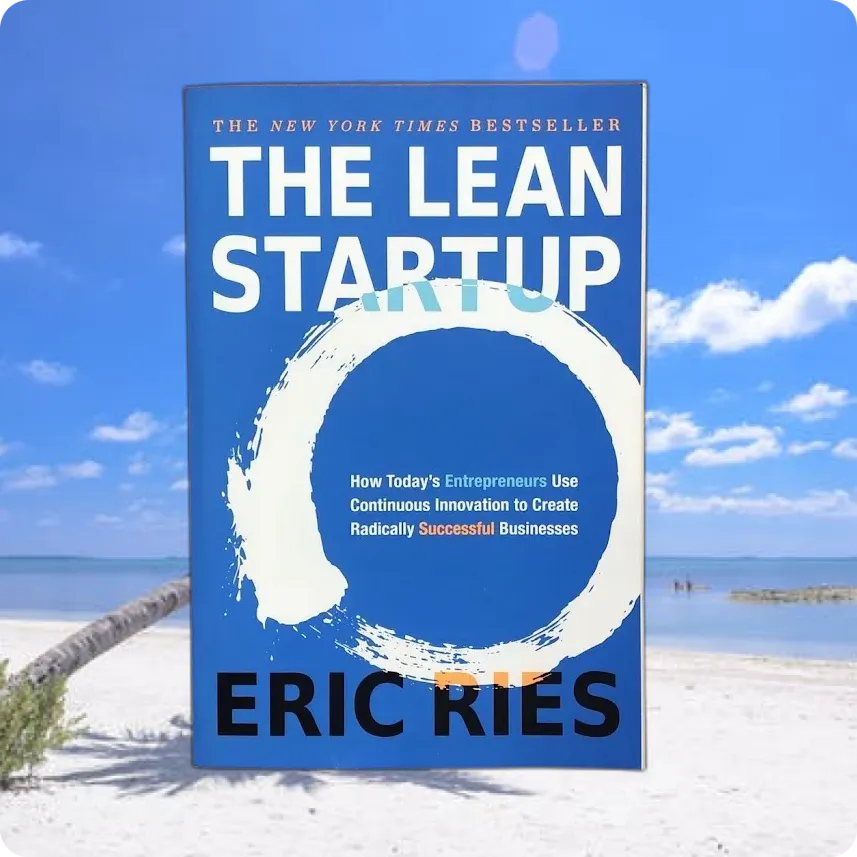
This is the startup playbook for testing, learning, and iterating. Ries lays out how to build a product people actually want using fast feedback loops, MVPs, and validated learning.
Takeaway: Treat every product decision as a hypothesis to test, not a feature to launch.
Best for: First-time founders, product builders, iterative thinkers.
Memorable Quote: “The only way to win is to learn faster than anyone else.”
2. Zero to One – Peter Thiel
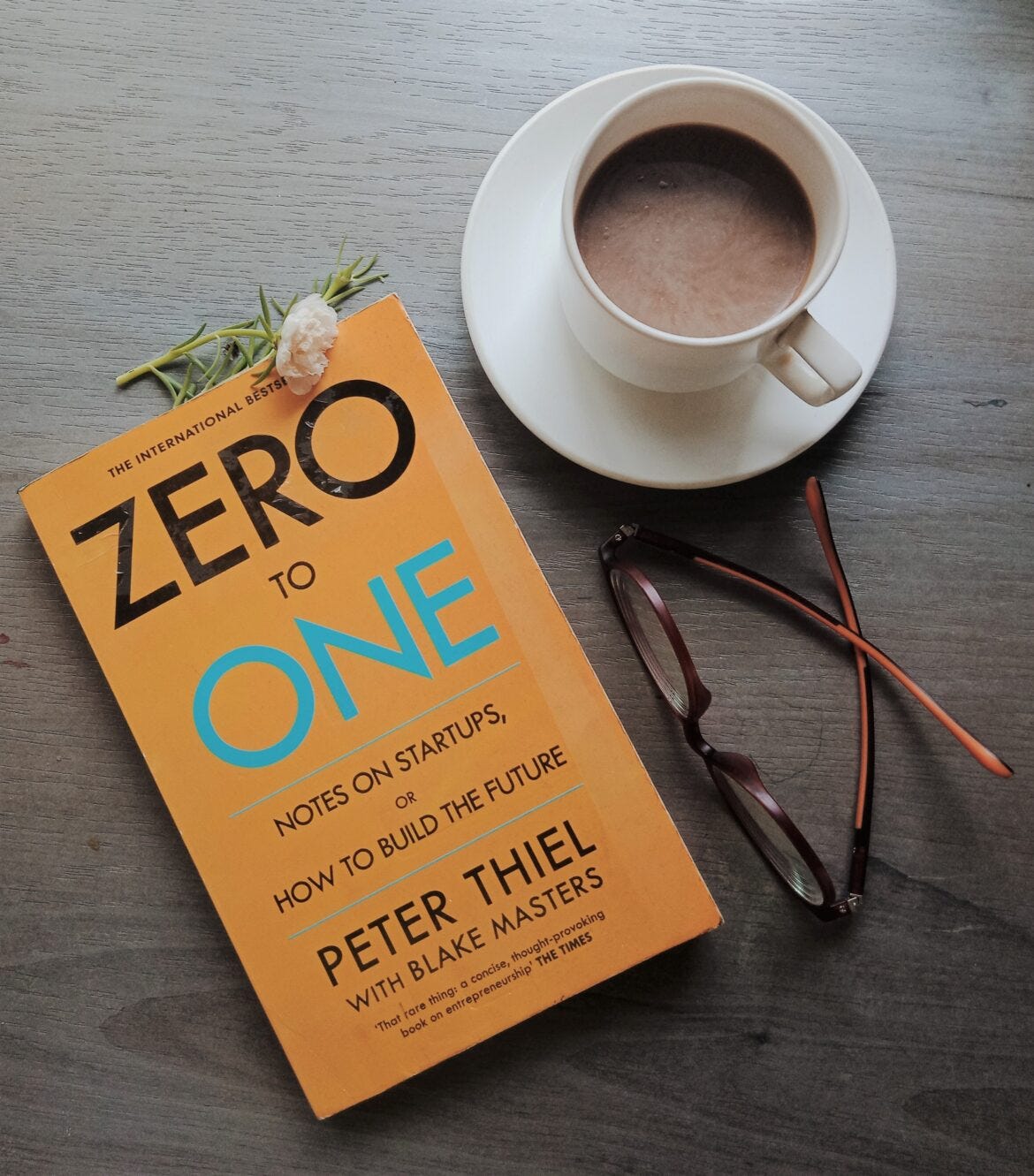
Thiel challenges you to create something fundamentally new, not just a better version of what's already out there. It’s a bold take on monopoly thinking, contrarian ideas, and building lasting value.
Takeaway: Don’t compete. Create. Find your edge by doing what no one else is doing.
Best for: Visionary founders, deep tech startups, pre-product ideators.
Memorable Quote: “Brilliant thinking is rare, but courage is in even shorter supply than genius.”
3. Lost and Founder – Rand Fishkin
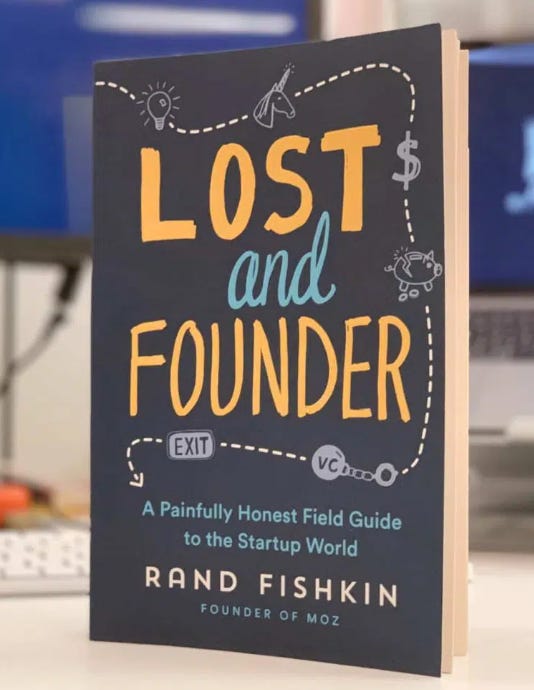
A brutally honest, behind-the-scenes look at what it really feels like to build a venture-backed startup, with all the missteps, anxiety, and hard-earned wisdom most founders won’t say out loud.
Takeaway: Transparency, both with your team and yourself, is one of the rarest superpowers in startups.
Best for: Bootstrappers, solo founders, burned-out operators.
Memorable Quote: “Great Founders Don’t Do What They Love; They Enable a Vision.”
4. The Hard Thing About Hard Things – Ben Horowitz
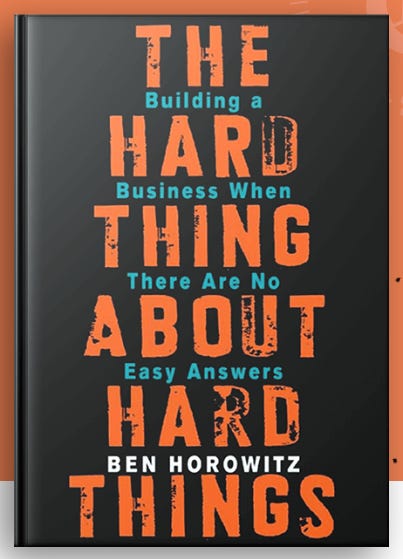
Horowitz doesn’t sugarcoat it. This book dives into the chaos of running a startup - layoffs, executive hiring, culture, and what to do when things go off the rails. It's not theory. It’s war stories with strategy baked in.
Takeaway: There are no easy answers. But there are better decisions if you're willing to face the hard truths.
Best for: Growth-stage CEOs, executive teams, crisis-mode operators.
Memorable Quote: “By far the most difficult skill I learned as a CEO was the ability to manage my own psychology.”
5. Venture Deals – Brad Feld & Jason Mendelson
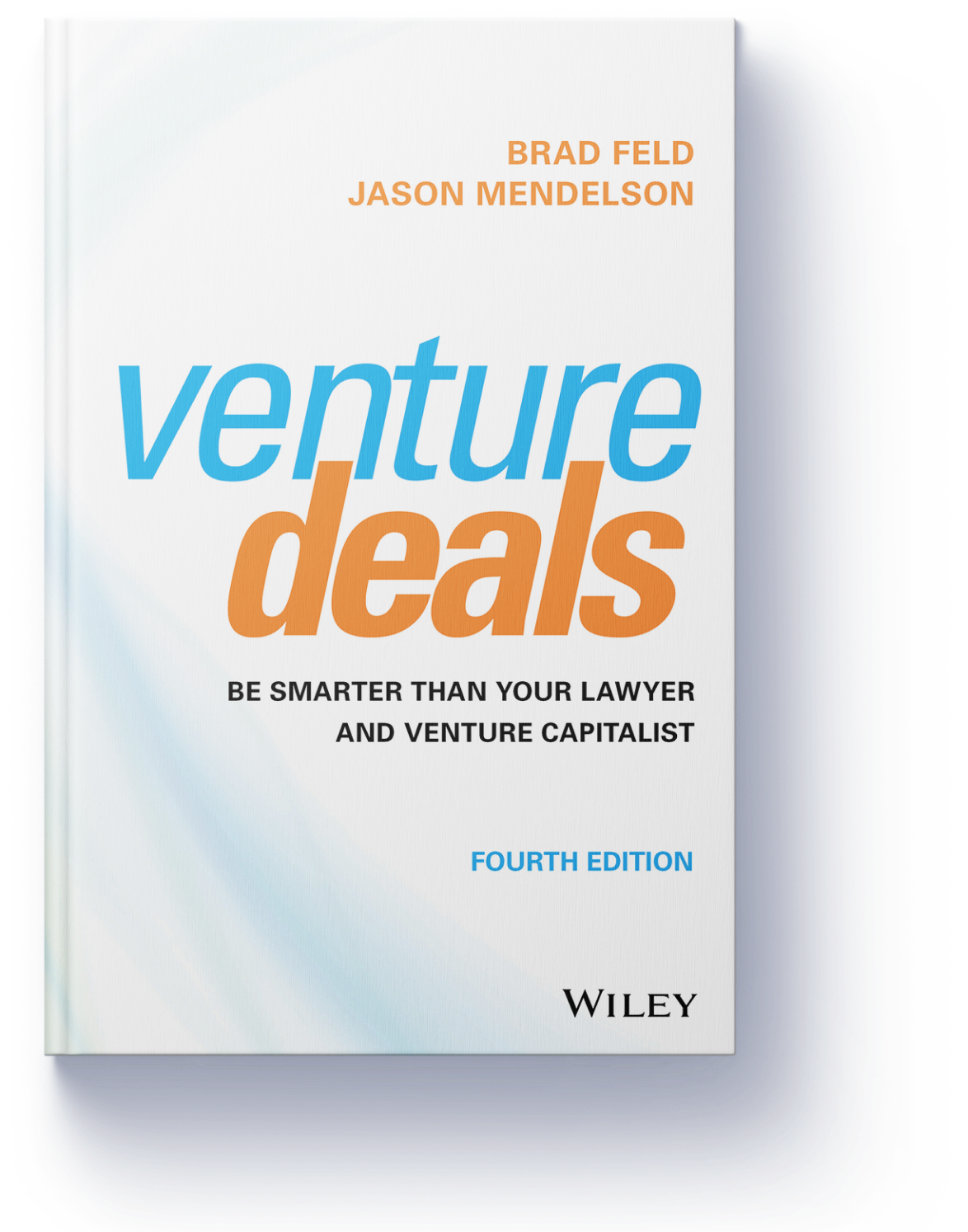
This is the definitive guide to understanding venture capital, term sheets, equity splits, and how funding really works behind the scenes. Clear, readable, and practical.
Takeaway: The best way to protect your vision is to understand the money behind it.
Best for: Fundraising founders, first-time CEOs, finance-curious operators.
Memorable Quote: “If you don’t understand the deal, you’ll likely regret the deal.”
2. Best Books for First-Time Founders
Your first startup is rarely about perfect execution; it’s about navigating messy unknowns. You’re figuring out if your idea has legs, how to talk to customers, when to launch, and whether anyone even cares. These books help you move from stuck to shipping.
The Mom Test – Rob Fitzpatrick
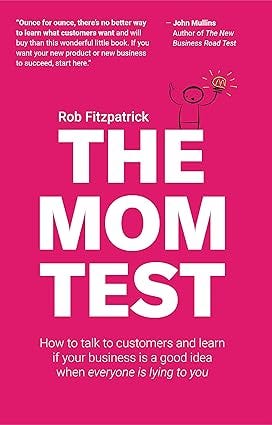
This book teaches you how to talk to customers without lying to yourself. It shows how to ask better questions, avoid biased feedback, and stop mistaking politeness for validation.
Helps you avoid: Building something people “like” but don’t actually need.
Best for: Bootstrappers, product-led founders, solo builders testing ideas.
The Startup Owner’s Manual – Steve Blank
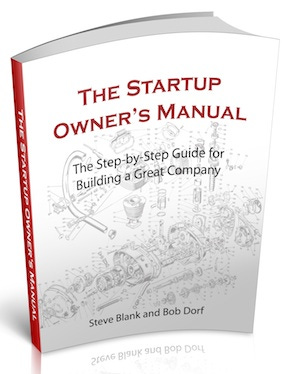
A tactical, step-by-step guide to building a startup from scratch. Blank introduces customer development as a systematic approach to launching and iterating.
Helps you avoid: Skipping validation and going straight into product mode.
Best for: Founders who want structure, B2B builders, and those following Lean Startup frameworks.
The $100 Startup – Chris Guillebeau
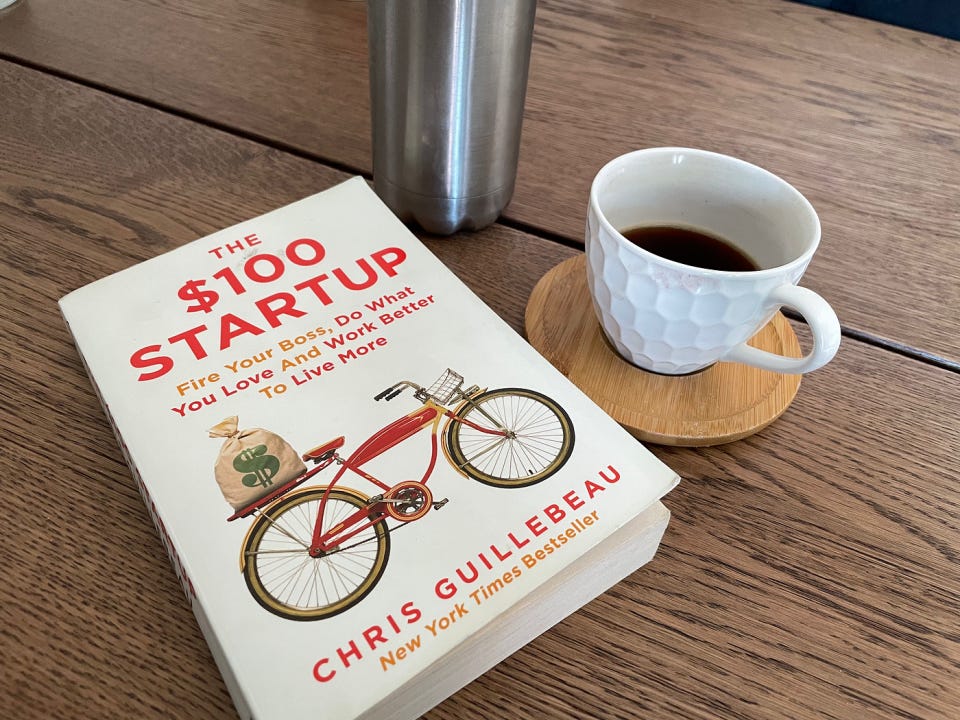
Proof that you don’t need funding, a co-founder, or a 10-year plan to start. Guillebeau shares stories and strategies for building micro-businesses with minimal risk and upfront cost.
Helps you avoid: Waiting too long to launch or overcomplicating your MVP.
Best for: Solo founders, indie hackers, side-hustle creators.
Founders at Work – Jessica Livingston
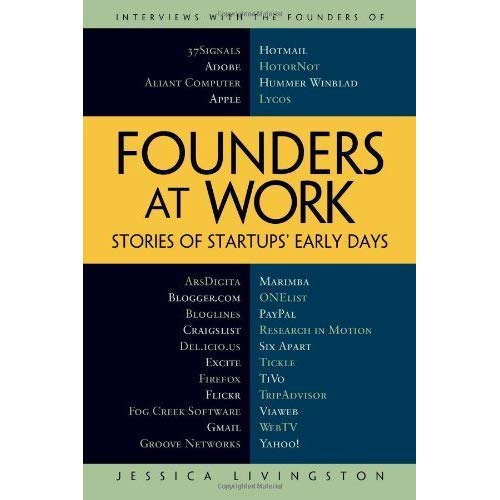
A collection of candid interviews with startup legends, including Steve Wozniak and Paul Graham. It reveals the gritty, awkward, early days that most startup stories skip.
Helps you avoid: Thinking your early struggles mean you’re failing.
Best for: First-time founders who need proof that even the greats stumbled early.
Built to Last – Jim Collins and Jerry Porras
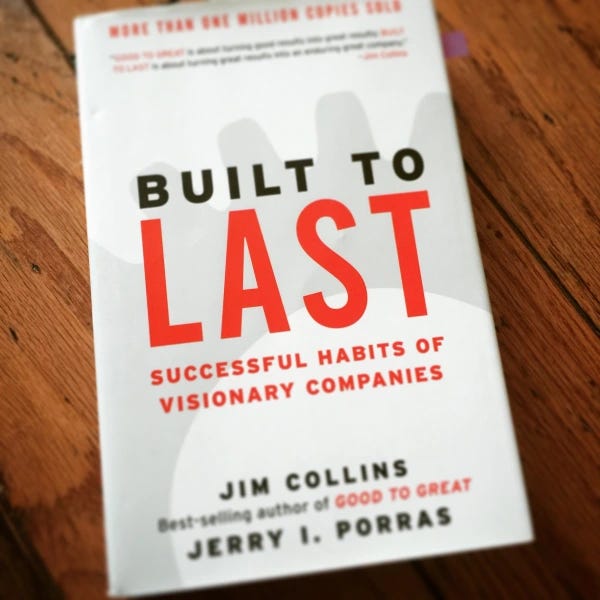
A deep dive into what makes enduring companies tick. While not startup-specific, it teaches you how to think beyond launch and build something with staying power.
Helps you avoid: Chasing trends or building for short-term wins.
Best for: Founders with long-term vision, values-driven builders, SaaS or marketplace startups.
3. Best Books for Scaling and Growth
Reaching product–market fit feels like winning a race. But in reality, it’s the starting line. Once you’ve built something people want, the next challenge is scaling it, with systems, hires, and sales strategies that don’t collapse under pressure. These books give startup founders the tools to grow deliberately and sustainably.
From Impossible to Inevitable – Jason Lemkin & Aaron Ross
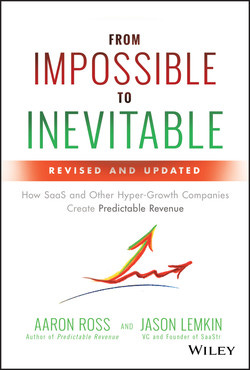
Teaches You How To: Build a revenue engine that doesn’t rely on founder hustle. Lemkin and Ross break down how companies like Salesforce, Zenefits, and HubSpot unlocked explosive growth and what founders can learn from their systems. The book is packed with actionable guidance for overcoming growth plateaus.
Why it matters: Scaling isn’t magic. It’s math.
Best for: SaaS founders, revenue leaders, post–PMF startups.
Predictable Revenue – Aaron Ross & Marylou Tyler
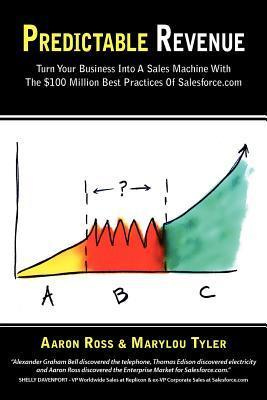
Key Framework: Specialization in outbound sales to create a consistent pipeline. This book lays out how Ross helped scale Salesforce’s sales strategy using dedicated prospecting roles, clear messaging, and measurable workflows. If you're still relying on warm intros or founder-led sales, this book is a wake-up call.
Why it matters: Pipeline is a system, not a personality.
Best for: B2B founders, GTM leads, early sales teams.
Who – Geoff Smart & Randy Street
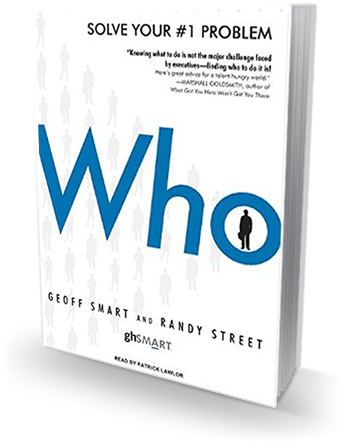
Teaches You How To: Hire top performers using a structured, repeatable process. Hiring feels like a gut game until it fails. Who gives founders the A Method, a step-by-step approach to writing scorecards, running focused interviews, and making smarter hiring bets.
Why it matters: The wrong hire can set you back a year.
Best for: Founders scaling headcount, first-time hiring managers, leadership teams.
High Output Management – Andy Grove
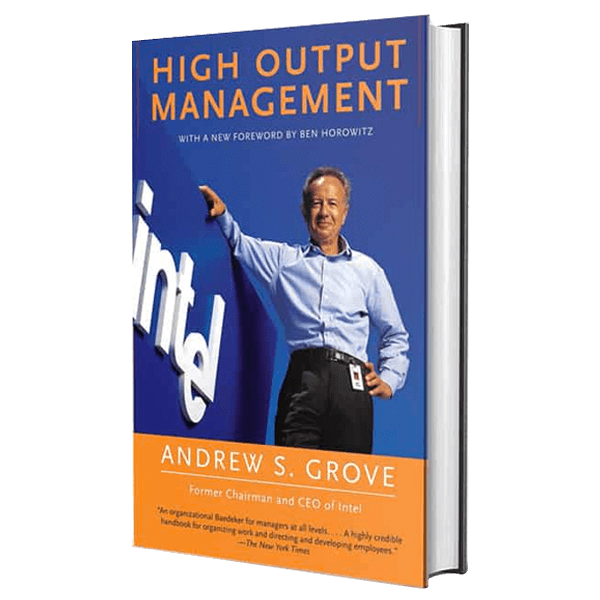
Key Framework: Manager productivity = output of your team + leverage of your systems. Intel’s former CEO explains how to manage people, meetings, metrics, and culture at scale. The book is deceptively dense, but it’s the blueprint most tech leaders quietly swear by.
Why it matters: Good managers are built, not born.
Best for: Scaling CEOs, new department heads, process-focused founders.
Good to Great – Jim Collins
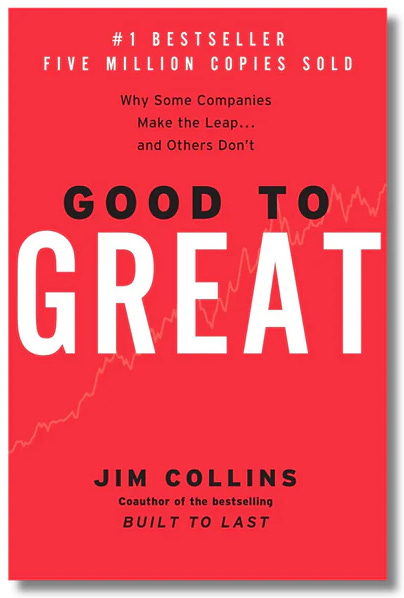
Teaches You How To: Turn a good startup into a lasting company with compounding strength. Collins studied companies that made the leap from average to enduring and codified the habits that set them apart, including Level 5 Leadership, the Flywheel Effect, and the Hedgehog Concept.
Why it matters: Scaling isn’t just about going fast. It’s about going far.
Best for: Visionary founders, mature startups, founders shifting from growth to greatness.
4. Mental Health and Resilience Reads for Founders
Every founder eventually hits the wall. It doesn’t matter how strong your product is or how fast you’re growing. The emotional weight of building a startup is real. The isolation, the uncertainty, the pressure to hold it all together while everything feels like it’s falling apart.
These books don’t offer fluff or motivational one-liners. They meet you in the hard places, with raw honesty, practical mindset shifts, and frameworks for rebuilding strength from the inside out.
Reboot – Jerry Colonna
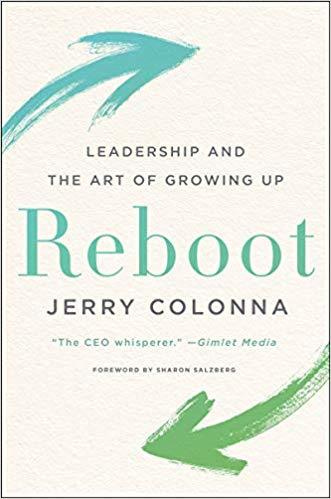
A former VC turned executive coach, Colonna pulls back the curtain on the emotional rollercoaster of leadership. Through stories, coaching sessions, and brutal honesty, he challenges founders to stop hiding from their inner struggles and start leading with self-awareness.
Why it’s different: It’s therapy in book form. Less “how to succeed,” more “how to be okay while you try.”
Best for: Founders facing burnout, identity crises, or leadership paralysis.
Buy Back Your Time – Dan Martell
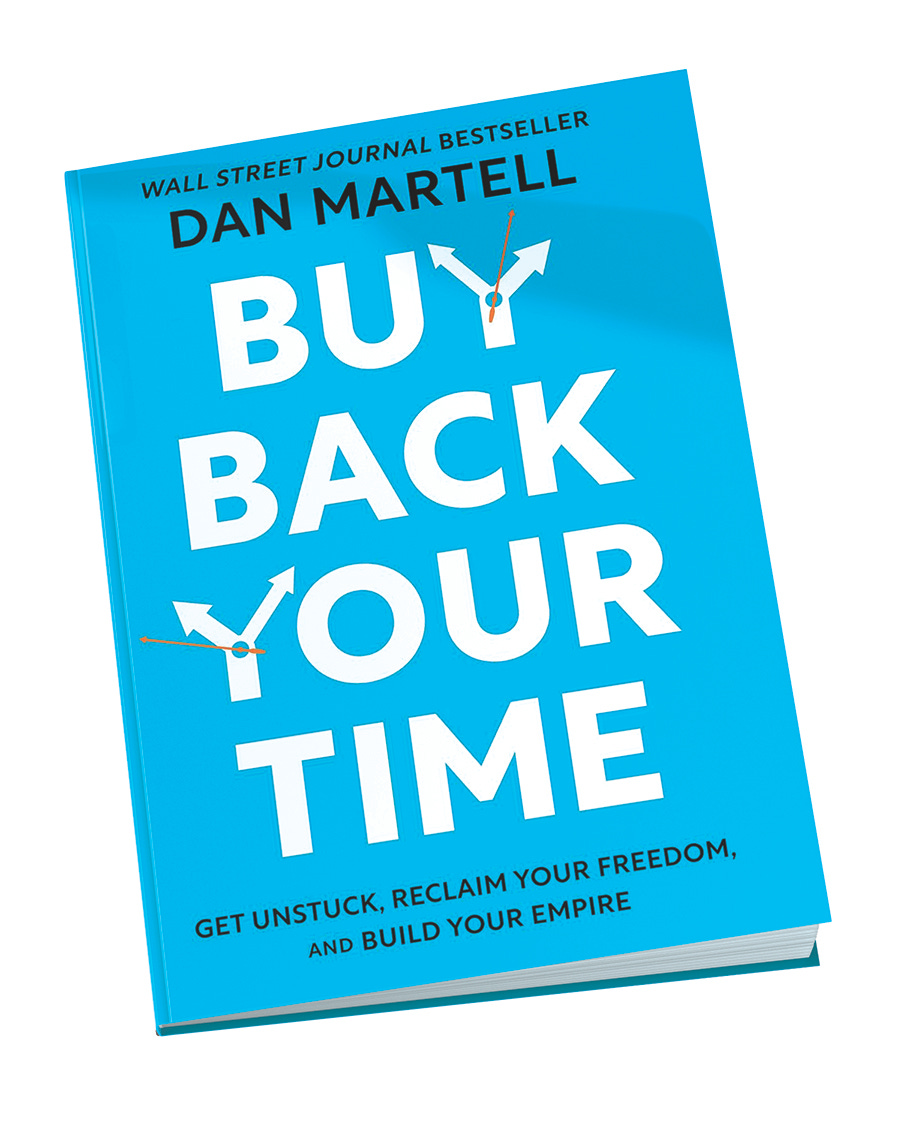
Martell, a serial entrepreneur and coach, teaches founders how to reclaim their most valuable asset: time. It’s a tactical book on delegation, calendar architecture, and systemizing your role, with a strong undertone of founder wellness.
Why it’s different: Less hustle, more leverage. It permits you to stop being the bottleneck.
Best for: Overwhelmed operators, solo founders, growth-stage execs running on fumes.
Without a Doubt – Surbhi Sarna
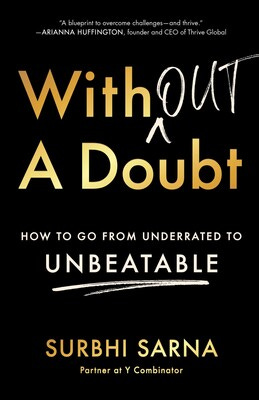
Sarna’s story moves from cancer survivor to founder to MedTech exit, but the real story is about doubt. Doubting your worth, your background, your decisions, and still choosing to build anyway. She weaves founder lessons with deeply personal reflections.
Why it’s different: It shows you how to lead even when you feel like an outsider.
Best for: First-time founders, underrepresented entrepreneurs, anyone who’s felt like they don’t belong.
The Resilient Founder – Mahendra Ramsinghani
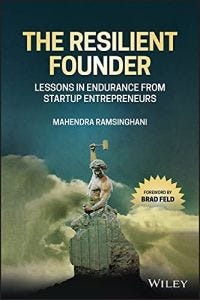
Based on real-world interviews and case studies, this book explores the psychological toll of entrepreneurship. From mental health breakdowns to suicide in the startup world, Ramsinghani tackles the hard truths most books skip and offers tools to build resilience before it’s too late.
Why it’s different: It names what others won’t. And it offers a path forward.
Best for: Founders in high-stress situations, VCs and advisors, teams navigating tough seasons.
The Resilience Plan – Marie-Helene Pelletier
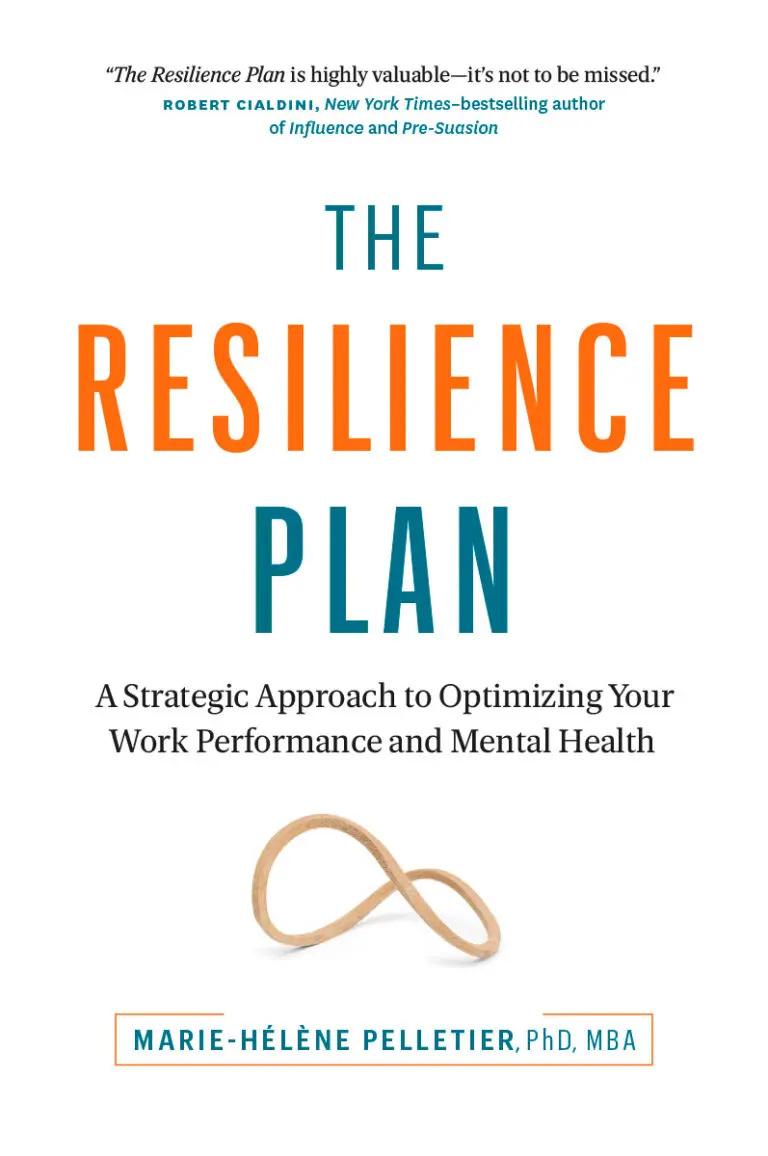
This book bridges neuroscience, psychology, and leadership to build a practical, daily resilience toolkit. It’s structured, science-backed, and focused on sustainable performance, not just grit for grit’s sake.
Why it’s different: It treats resilience as a muscle, not a mood.
Best for: Founders who want to build habits that prevent burnout, not just recover from it.
5. Underrated Gems You Probably Haven’t Read
Let’s be honest: most founders cycle through the same 10 books. And while the classics are great, there’s a whole world of high-impact reads that never show up on the usual lists. These are the hidden weapons, the books that shift your thinking, shape your strategy, or fix something you didn’t know was broken.
They’re not flashy. They’re not overhyped. But they hit hard.
What Customers Want – Anthony Ulwick
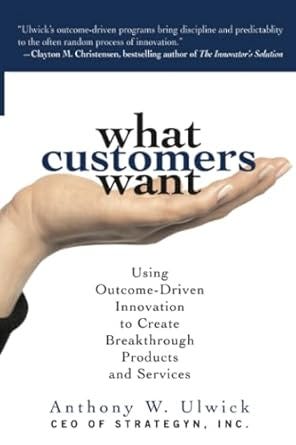
Why it deserves more attention: Ulwick introduced the concept of Jobs-to-be-Done and Outcome-Driven Innovation, long before JTBD became a buzzword. The book gives founders a methodical way to understand what customers actually want, not just what they say they want.
Hidden weapon: It transforms customer feedback into roadmap clarity.
Best for: Product-focused founders, UX teams, early-stage builders.
The Cold Start Problem – Andrew Chen
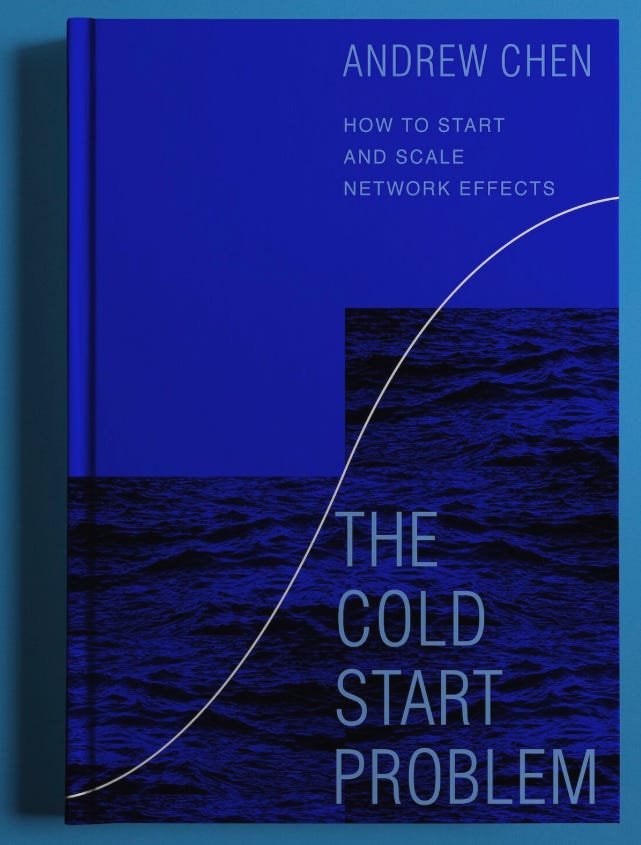
Why it deserves more attention: Chen, a former growth leader at Uber and a GP at a16z speedrun, unpacks how successful startups overcome the hardest challenge in tech: starting from zero. The book combines case studies with growth theory, especially around network effects.
Hidden weapon: It explains how products like Zoom, LinkedIn, and Clubhouse hit critical mass, and how yours can too.
Best for: Marketplace startups, consumer apps, founders scaling distribution.
The Startup Checklist – David S. Rose
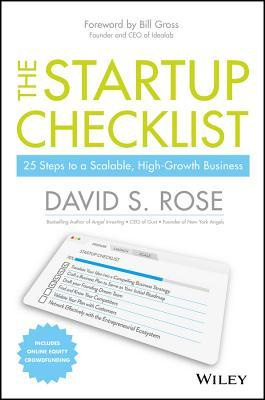
Why it deserves more attention: While most books talk about vision, this one talks about logistics. Rose gives you a 25-point tactical guide for launching your startup the right way, covering legal, fundraising, hiring, and operational essentials.
Hidden weapon: It’s the ultimate sanity check for first-time founders.
Best for: Founders pre-launch, solo builders, and founders without formal startup experience.
The Innovator’s Dilemma – Clayton M. Christensen
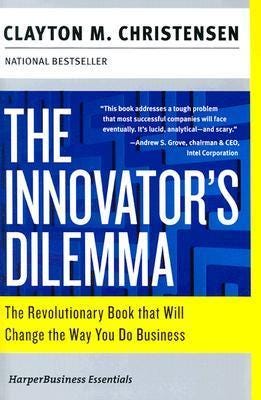
Why it deserves more attention: This book explains why industry giants get disrupted, and how tiny startups take their place. Christensen’s theory of disruptive innovation has influenced everyone from Jobs to Bezos.
Hidden weapon: It helps you avoid becoming the startup that gets disrupted next.
Best for: Founders in mature categories, B2B challengers, SaaS operators.
The Almanack of Naval Ravikant – Eric Jorgenson
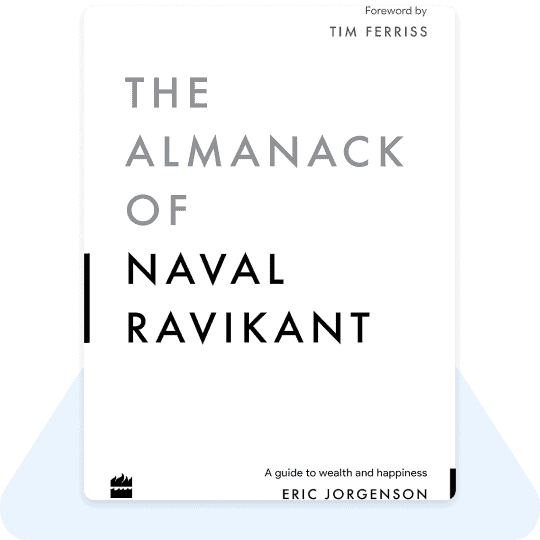
Why it deserves more attention: This isn’t a business book. It’s a clarity book. Naval’s collected thoughts on leverage, wealth, judgment, and happiness read like a founder’s philosophy manual. Read it when you're stuck, scaling, or stressed out.
Hidden weapon: It rewires how you think about time, risk, and long-term success.
Best for: Solo founders, indie builders, anyone designing a life and business.
Company of One – Paul Jarvis
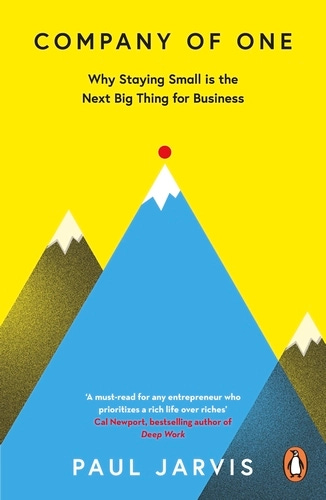
Why it deserves more attention: Jarvis challenges the growth-at-all-costs mindset. He makes a case for staying small, staying profitable, and building on your own terms, without investors, burn, or bloat.
Hidden weapon: It gives you permission to grow sustainably, not endlessly.
Best for: Bootstrappers, freelancers, lifestyle business founders.
6. Bonus – Best Book Summary Apps for Busy Founders
Let’s face it, most founders don’t have the luxury of reading a book cover to cover every week. Between product fires, investor updates, and late-night builds, attention is limited. That’s where book summary apps come in. These tools distill top startup and leadership books into digestible formats you can consume between meetings or while commuting.
We tested the top platforms to help you decide what fits your time, depth, and workflow best.
Shortform
Why it stands out: Shortform goes beyond summaries. It offers detailed chapter-by-chapter breakdowns, guided questions, and comparison insights with other books. It's perfect if you want more than just a TL;DR.
Available books:
The Lean Startup, Zero to One, The Cold Start Problem, Good to Great, Buy Back Your Time
Pricing: Starts at ~$24/month (discounted annually)
Pros: Deepest insights, excellent for strategic thinking
Cons: Not ideal for quick browsing
Best for: Founders who want to really learn without reading every page
Blinkist
Why it stands out: Blinkist offers 15-minute audio or text “blinks” for thousands of nonfiction books. Ideal for brushing up on big ideas without committing to a full read.
Available books:
Reboot, High Output Management, The Hard Thing About Hard Things, Predictable Revenue
Pricing: ~$15/month (7-day free trial)
Pros: Super fast, mobile-friendly, audio-enabled
Cons: Lacks depth on complex frameworks
Best for: Founders between meetings, evening dog walks, or power commutes
Headway
Why it stands out: Headway makes reading feel like progress. With bite-sized, daily “insights” and a gamified UX, it’s great for staying motivated and building a reading habit.
Available books:
Without a Doubt, Built to Last, Company of One
Pricing: ~$89/year (often discounted)
Pros: Clean design, reminders, habit tracker
Cons: Less comprehensive than Shortform
Best for: Founders who like streaks, reminders, and daily reading goals
Instaread
Why it stands out: Instaread delivers 15-minute summaries across business, health, and personal growth genres. It’s closest to Blinkist but offers a broader range of newer titles.
Available books:
The Resilient Founder, The Startup Checklist
Pricing: ~$8.99/month (with annual plan options)
Pros: Audio + visual summaries, newer titles
Cons: UI feels dated compared to others
Best for: Founders looking for affordable, diverse summaries
Four Minute Books
Why it stands out: It’s free. The platform offers 600+ concise summaries, with an emphasis on practical takeaways, all curated by a small team.
Available books:
The Mom Test, The Almanack of Naval Ravikant, The $100 Startup
Pricing: Free
Pros: Simple, no paywall, to-the-point
Cons: No audio, limited catalog depth
Best for: Founders on a budget, early-stage explorers
Want to go deeper with less time? Pair these apps with a note-taking tool like Readwise or Notion to retain what matters and apply it faster.
7. What’s the One Book That Changed Your Thinking as a Founder?
We’ve shared our list — now we want yours.
Drop your favorite in the comments or reply to this newsletter with the title that shifted how you lead, build, or think. Whether it’s a classic, a hidden gem, or something wildly unconventional, we’d love to add it to our evolving founder reading list.
Because the best books don’t just teach, they transform.



Founders dilemma is a must.
More of a practical manual, but 5 steps to the epiphany was a good start.